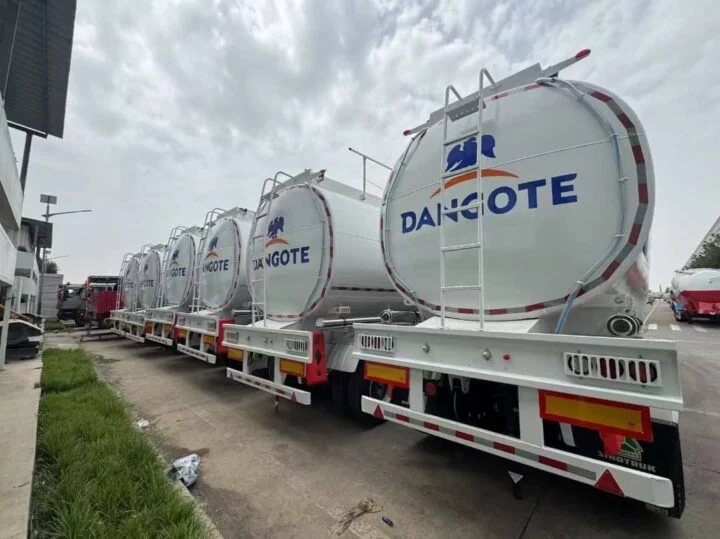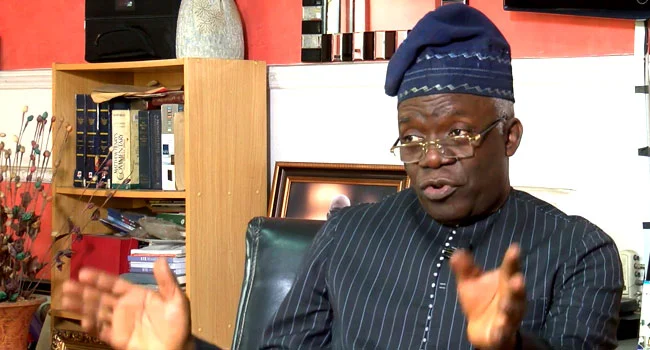The federal government is planning to borrow $750 million on behalf of states to stimulate local economies in Nigeria.
Minister of Finance, Budget and National Planning, Mrs. Zainab Ahmed, made this disclosure in Abuja on Friday at the inauguration ceremony of the Federal Steering Committees of the Nigeria COVID-19 Action Recovery and Economic Stimulus (N-CARES).
According to the Finance Minister, the Nigerian Government “is in the process of accessing a World Bank loan of $750 million on behalf of the states to stimulate the local economy and support vulnerable household consumption”.
In going to borrow the money, the federal government is considering the causes and consequences of civil unrest and COVID-19 in the country.
Zainab Ahmed stated that: “the consequences will be too high if we ignore the root cause of rising civil unrest in our country. We must, therefore, fashion out ways of ensuring that post-Covid-19 is not injurious to the Nigerian people and the economy.”
The Finance Minister noted that “the federal government has created several windows of interventions as captured in the Economic Sustainability Plan (ESP) to, among other things, respond robustly and appropriately to the challenges posed by the COVID-19 pandemic, identify fiscal measures to enhance oil and non-oil government revenues and reduce non-essential spending”.
Speaking on the need for proper implementation, Ahmed stated that “to ensure that the implementation of the N-CARES is in line with the federal government priorities as outlined in the ESP, the Federal Steering Committee, made up of ministers and permanent secretaries as well as a Technical Committee, made up of directors of key ministries, departments and Agencies (MDAs) has to be in place”.
According to her, the government has carefully selected the “members of the Federal Steering and Technical Committees because of the important role your MDAs play in the recovery of the Nigerian economy as well as the fulfilment of lifting 100 million people out of poverty.”
On the expediency of the inauguration of the committee, the Finance Minister said, “the inauguration of the committees “is expedient given the nature of this emergency intervention; Nigeria as the biggest economy in Africa cannot afford to remain in recession; the survival of over 200 million population is germane to all we do and we must address the concerns of the majority of our populace”.
Members of the Federal Steering Committee will provide an overall policy direction for the implementation of this programme and advise Mr. President appropriately, while the Federal Technical Committee will be responsible for the programme oversight, overall guidance, support, coordination, strategic direction, review and approval of the annual work programme as well as budget for the Federal CARES Support Unit (FCSU).
The members of the Steering Committee of the Nigeria CARES Programme, are: Minister of State, Budget and National Planning (BNP) FMFBNP- Chairman; Minister of State-Federal Ministry of Agriculture and Rural Development (FMARD); Minister of State-Federal Ministry of Industry, Trade and Investment (FMITI); Minister of State-Federal Ministry of Labour and Employment (FMLE); Minister of State-Federal Ministry of Environment (FMEnv); Minister of State-Federal Ministry of Education (FME); Permanent Secretary, Budget & National Planning (BNP); Permanent Secretary, Federal Ministry of Finance (BNP); Permanent Secretary, Ministry of Humanitarian Affairs (MHDMSD); Permanent Secretary, Federal Ministry of Water Resources (FMWR); Executive Director NGF Secretariat; Chairman Federal CARES Technical Team (FMFBNP) – Secretariat.
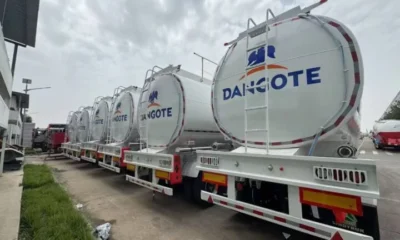
 BIG STORY3 days ago
BIG STORY3 days ago
 BIG STORY4 days ago
BIG STORY4 days ago
 BIG STORY3 days ago
BIG STORY3 days ago
 BIG STORY9 hours ago
BIG STORY9 hours ago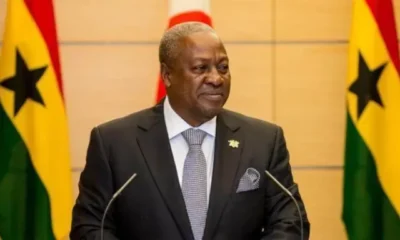
 BIG STORY4 days ago
BIG STORY4 days ago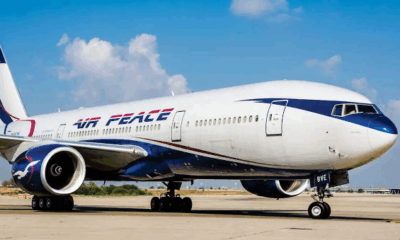
 BIG STORY3 days ago
BIG STORY3 days ago
 BIG STORY4 days ago
BIG STORY4 days ago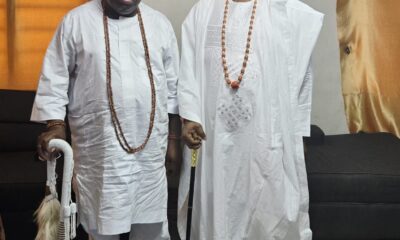
 BIG STORY3 days ago
BIG STORY3 days ago



















